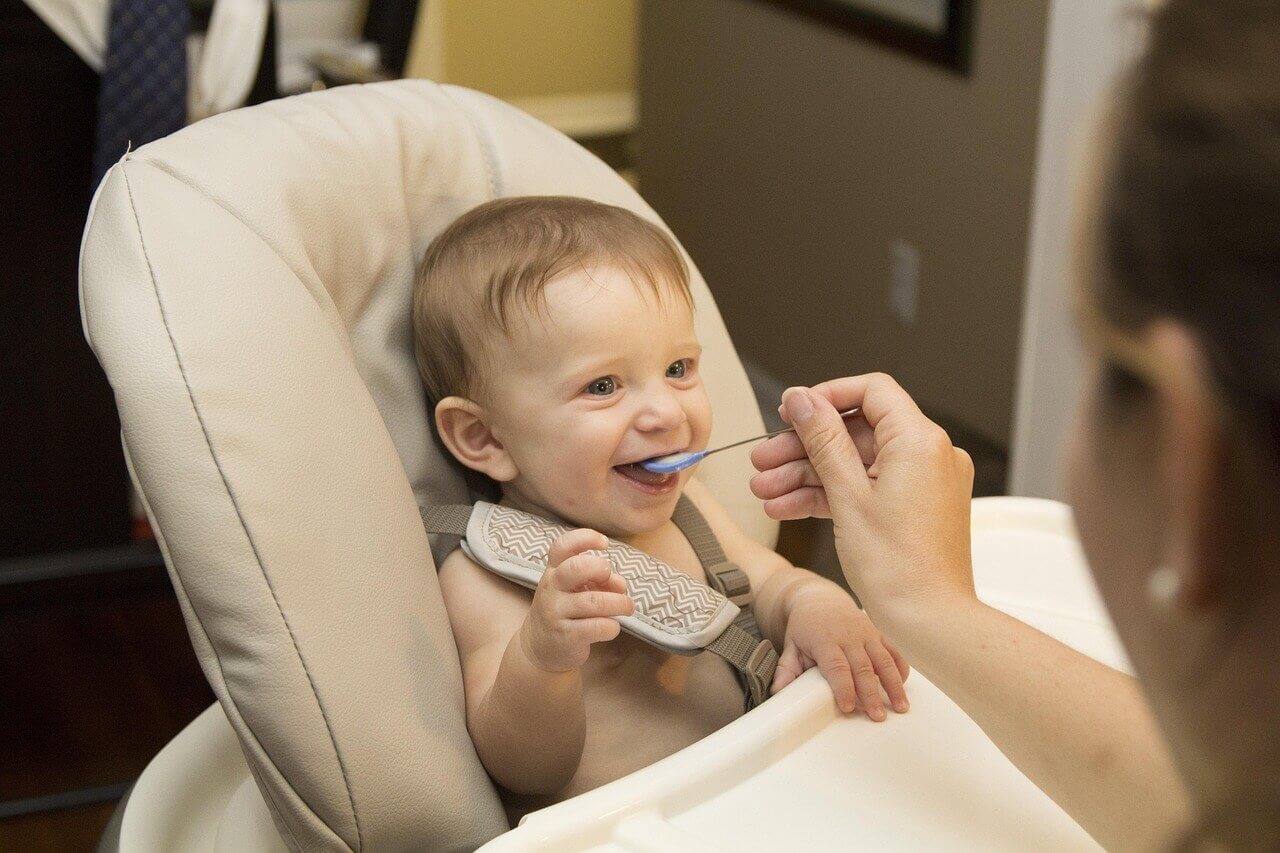Pediatric Feeding Therapy
Mealtimes shouldn’t feel like a battle—but for many families, they do. If your child is struggling to eat a variety of foods or experiences anxiety around mealtime, you’re not alone. Feeding challenges can feel overwhelming for both children and caregivers, especially when progress feels slow or uncertain.
At Deep Eddy Psychotherapy, we help children and families navigate feeding disorders with empathy, expertise, and evidence-based support. Our team works with you to understand your child’s unique needs and create a therapy plan that helps restore harmony to mealtimes.
Call (512) 956-6463
Request for Appointment

Our Approach to Feeding Therapy
Feeding disorders aren’t just about food—they’re about the relationship between a child’s emotions, environment, and behavior. At Deep Eddy, we take a holistic approach to feeding therapy that considers both emotional and physical contributors to your child’s eating habits.
Our pediatric feeding therapists use evidence-based techniques, including:
- Sequential Oral Sensory (SOS) Approach to Feeding
- Behavioral therapy strategies
- Parent coaching and support
We tailor every treatment plan to your child’s developmental stage, sensory needs, and feeding history. Because parental involvement is critical, we work closely with caregivers every step of the way to build confidence and support lasting change.
How Our Pediatric Feeding Therapy Works
Step 1: Initial Consultation
We begin with a thorough evaluation of your child’s feeding history, physical health, and current eating behaviors. We collaborate with pediatricians, feeding specialists, and dietitians as needed to ensure a comprehensive picture.

Step 2: Personalized Therapy Sessions
Therapy is tailored to your child’s specific challenges—whether they’re sensory-related, behavioral, or emotionally driven. We help your child gradually expand their food repertoire and build comfort with new tastes and textures in a safe, pressure-free way.

Step 3: Parent Coaching & Ongoing Support
You’ll be supported with practical strategies to reinforce therapy at home, including structured mealtime routines, positive reinforcement, and behavioral guidance. Our therapists are here to help your family make steady, sustainable progress.

What Causes Feeding Disorders?
Feeding disorders often stem from a mix of physical, behavioral, and emotional factors. Identifying the root cause is key to developing an effective treatment plan.
Physical Causes
Feeding challenges may be linked to medical conditions, including:
- Gastroesophageal reflux (GERD) or chronic vomiting
- Food allergies or sensitivities
- Respiratory issues that impact breathing during meals
- Oral motor delays or sensory processing difficulties
- Pain or discomfort from gastrointestinal conditions like colitis or esophagitis
In these cases, treatment often begins with resolving the underlying physical discomfort.
Behavioral & Emotional Causes
Feeding issues can also develop from learned behaviors or emotional responses. These may include:
- Sensory sensitivities or aversions to textures and smells
- Anxiety or fear triggered by previous negative eating experiences
- Lack of structured mealtimes
- Parental feeding patterns or pressure around eating
- Household distractions during meals
Therapy helps children rebuild a positive relationship with food through gradual exposure, play-based techniques, and consistent routines.
Feeding Disorder Therapy Pricing & Insurance Coverage
We believe therapy should be accessible for all families. Deep Eddy accepts most major insurance plans, and we offer private pay options for those without coverage.
Sliding scale rates may be available depending on therapist availability. Please reach out to our team to discuss what options are right for you.



Feeding Disorder Therapy FAQs
How do I know if my child needs feeding disorder therapy?
If your child consistently refuses certain foods, struggles with textures, eats a very limited variety, or experiences stress around meals, therapy may help.
How can a psychologist help with feeding disorders?
Psychologists help identify and address the emotional and behavioral patterns contributing to feeding struggles. We work with both the child and caregiver to develop a supportive plan for change.
Is a feeding disorder the same as an eating disorder?
No. Feeding disorders often develop in early childhood and are typically related to sensory, behavioral, or medical issues. Eating disorders, such as anorexia or bulimia, involve complex psychological factors and typically affect older children, teens, or adults.
Can feeding therapy be done virtually?
In many cases, yes. Telehealth sessions are available and can be helpful for caregiver coaching and structured home support.
What advice do you have for parents of children with feeding disorders?
Be patient and stay consistent. Mealtime struggles can be frustrating, but your support and calm presence are powerful tools. Avoid power struggles, offer foods without pressure, and trust that progress is possible with the right support.
Hear from Families We’ve Helped
With Deep Eddy it was easy to find the ideal therapist. I cannot praise the convenience and consistency they’ve provided through my journey.

I have loved the 2 therapists I’ve had there so much. I’ve done in person and Telehealth. The office and payments are easy to deal with. I’m very happy I found this place.




I’ve had a lot of different therapists but my one at Deep Eddy has been the best! It’s been exactly what I needed!




Book now to get scheduled in as soon as 2 days.*
*pending patient availability



